NISHIKAWA Yoshifumi Professor
My DreamStudy of host-manipulation mechanism by parasites
ThemeStudies on mechanism of disease onset caused by infection with pathogenic protozoan parasites based on micro and macro-viewpoints for development of basic research about vaccine and drug discovery
Field
Keyword
Instructable research topic for doctoral thesis
- 原虫の宿主細胞改変メカニズムの解明
- 原虫病発症メカニズムの解明
- 原虫病をコントロールするワクチン開発と創薬
- 社会実装可能な感染症診断システムの開発
Message
卒業研究で基礎研究をしてみたい!、大学院に進みたい!、将来研究者を目指したい!と思っている学生さんは、是非私たちの研究室で研究をしましょう。はじめは教官、先輩たちの親切な指導によりある程度の基礎的な手技、手法を修得していただき、その後は学生さんのアイデア、興味をもとに研究テーマを設定していきたいと思います。楽しく実験をして、自分で設定した研究テーマを学術論文にして卒業していただくことを目標にしています。英語でのコミュニケーション能力の向上にも力を入れていきたいと考えています。興味のある学生さんは、いつでも見学に来てください。歓迎します。
| Academic degree | D.Agr. |
| Self introduction |
Protozoa are unicellular eukaryotes, and some of them cause diseases by infecting hosts. I focus on pathogenic protozoa that control their hosts, and I research ways of solving the mystery of how the infections affect the central nervous system and pregnancy. Although protozoan research may lag behind other life-science studies, the development of diagnostic methods, therapies and vaccines promises to be of great benefit of society. I want to contribute to society by controlling protozoan infections in humans and in food-producing animals worldwide. |
| Room address | General Research Building 4 |
| Mail address | nisikawa  obihiro.ac.jp
obihiro.ac.jp |
Belongs
National Research Center for Protozoan Diseases/Department of Drug Discovery and Development/Research Unit for Innovative Medicine Research Center for Global Agromedicine/Department of Veterinary MedicineIntroduction
To control the pathogenic protozoan parasites, interaction between basic and applied research are required. Systematic approaches to understand disease onset mechanism of protozoan infection, develop realistic methods of treatment and prevention, grasp problems, and evaluate the efficacy in the field are needed. Our laboratory is conducting the following research.
- Studies on how protozoan parasites manipulate host cells
Intracellular protozoan parasites can survive by exploiting the growth mechanisms of the host cells. For example, Toxoplasma and Neospora species actively invade nucleated mammalian cells and form parasitophorous vacuoles to evade the host immune system and appropriate host nutrients. We focus on the mechanisms of such manipulation and discover the parasite factors. - Study on the mechanisms of onset for protozoan diseases
Infection by protozoan parasites causes numerous diseases in host animals. Major examples are severe anemia from malaria, abortion and neurological disease from Toxoplasma and Neospora species, and diarrhea from Cryptosporidium. To understand the mechanism of onset for protozoan diseases, we perform pathologic analyses on experimental mice and natural host animals. We generate gene-disrupted parasites for the parasite factors mentioned above based on gene editing technologies and perform verification experiments using experimental mice. - The development of vaccines and drugs for the control of protozoan diseases
Eradicating intracellular protozoan parasites requires the induction of T cells, which can disrupt the infected cells, because antibody production induced by conventional vaccines is ineffective at killing intracellular parasites. We develop T cell induction vaccines based on vaccines that utilize antigens entrapped in multi-functional liposomes. In addition, we screen candidate drugs by using libraries of natural biological resources and chemicals from around the world in order to discover anti-protozoan drugs. - The development of practical diagnostic systems for protozoan infectious diseases
We develop practical systems for diagnosing protozoan infectious diseases in the field. We survey the prevalence of protozoan infections in Japan and developing countries and prepare specific recommendations by providing practical diagnostic systems for use in the field.
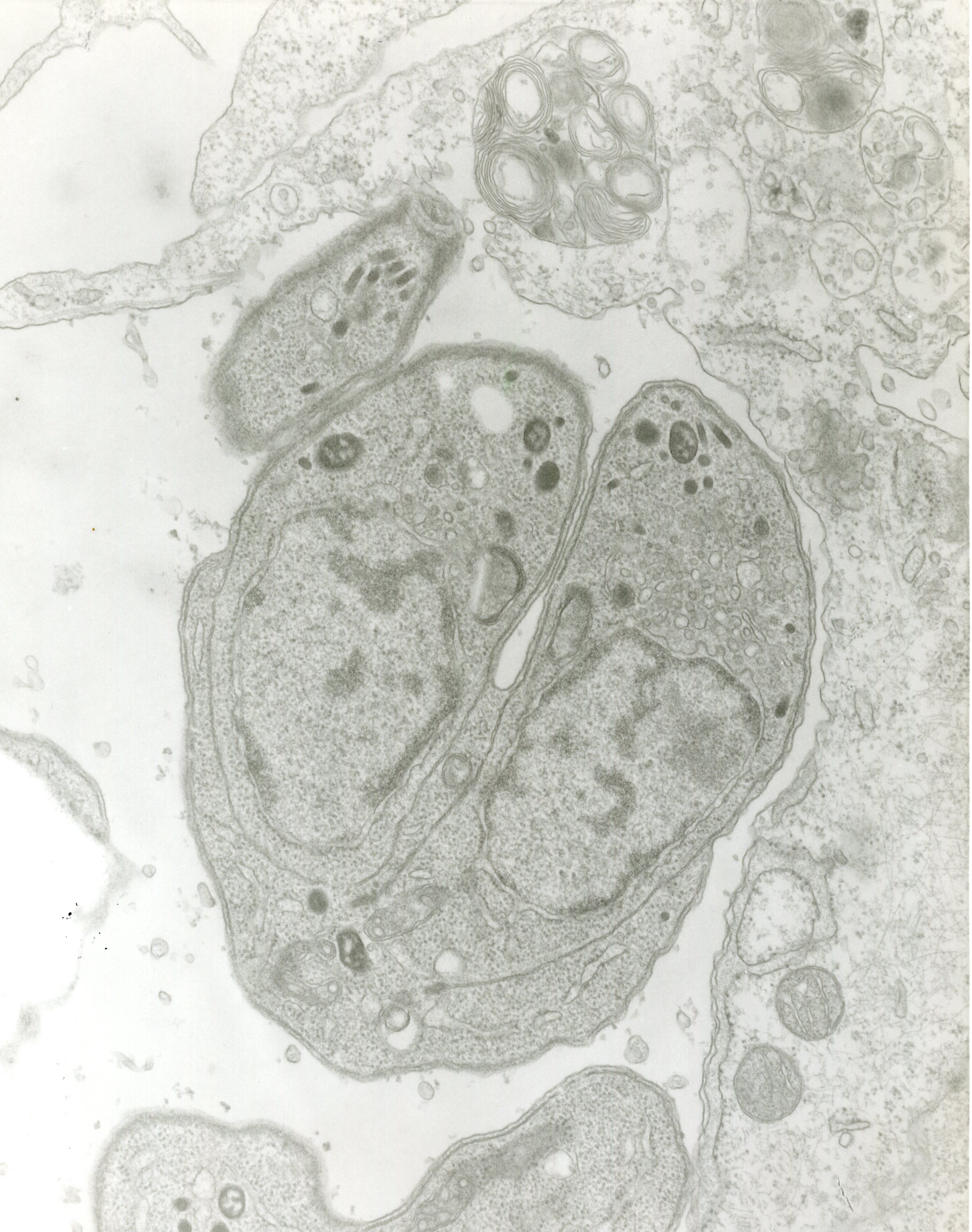
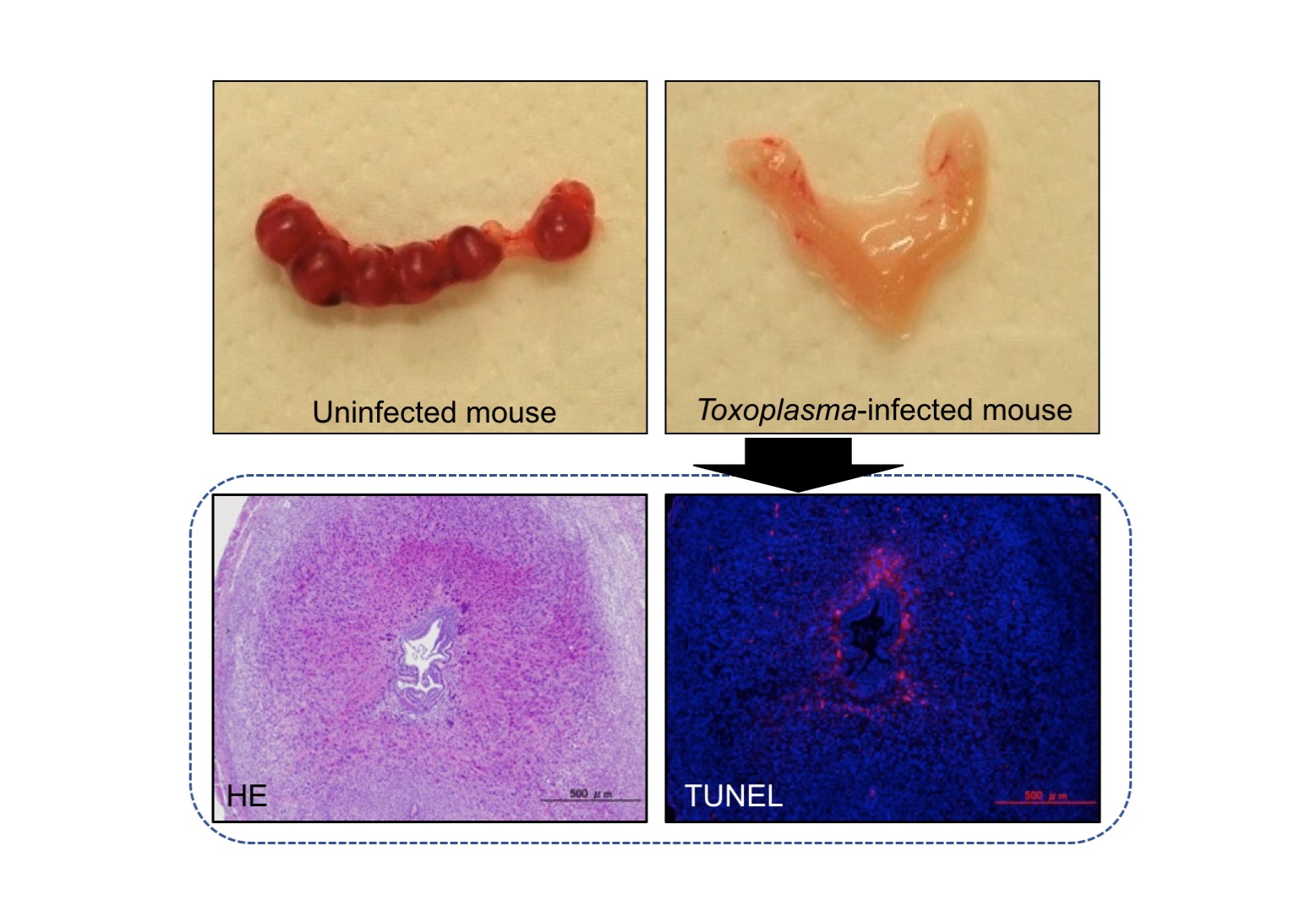
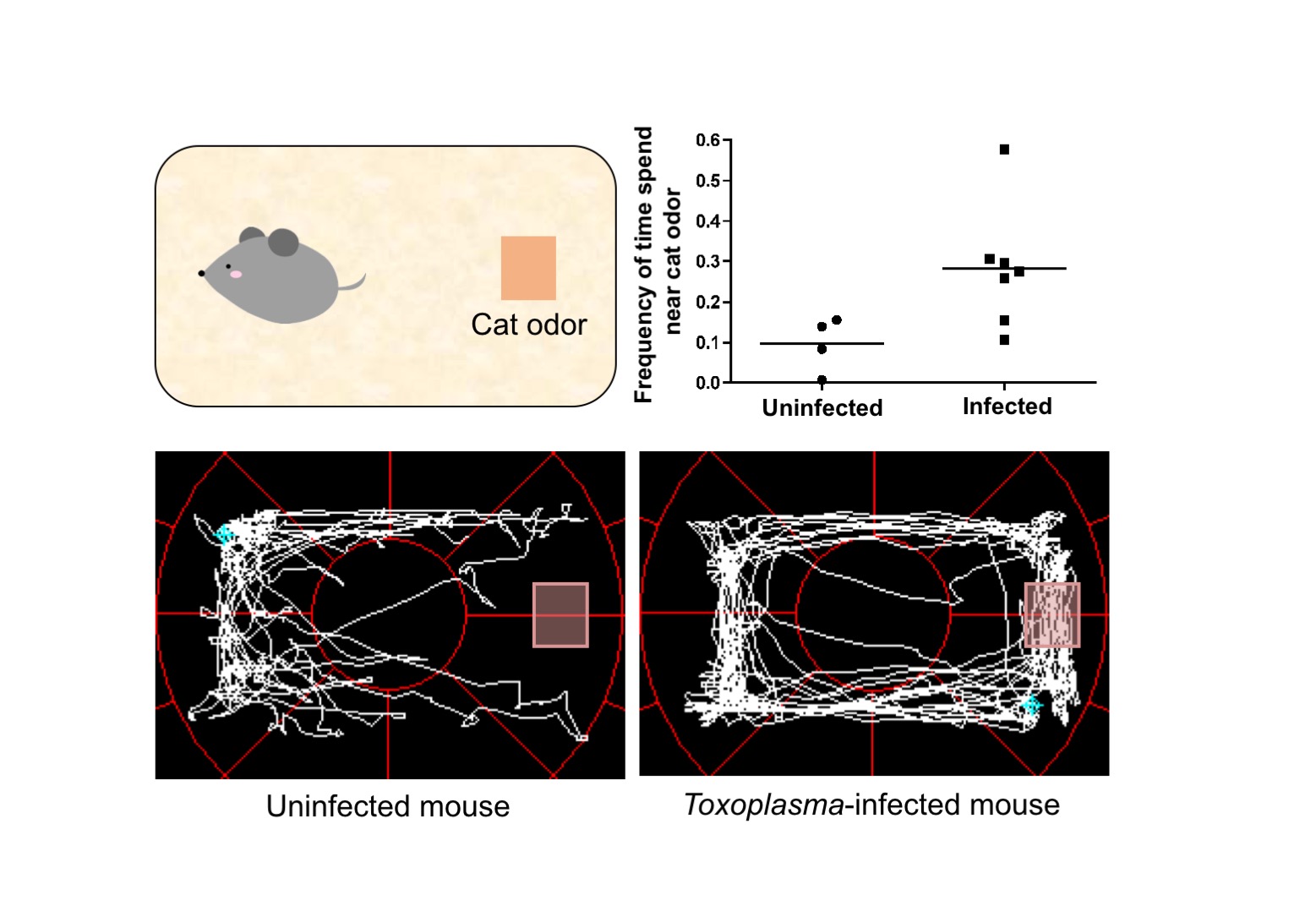
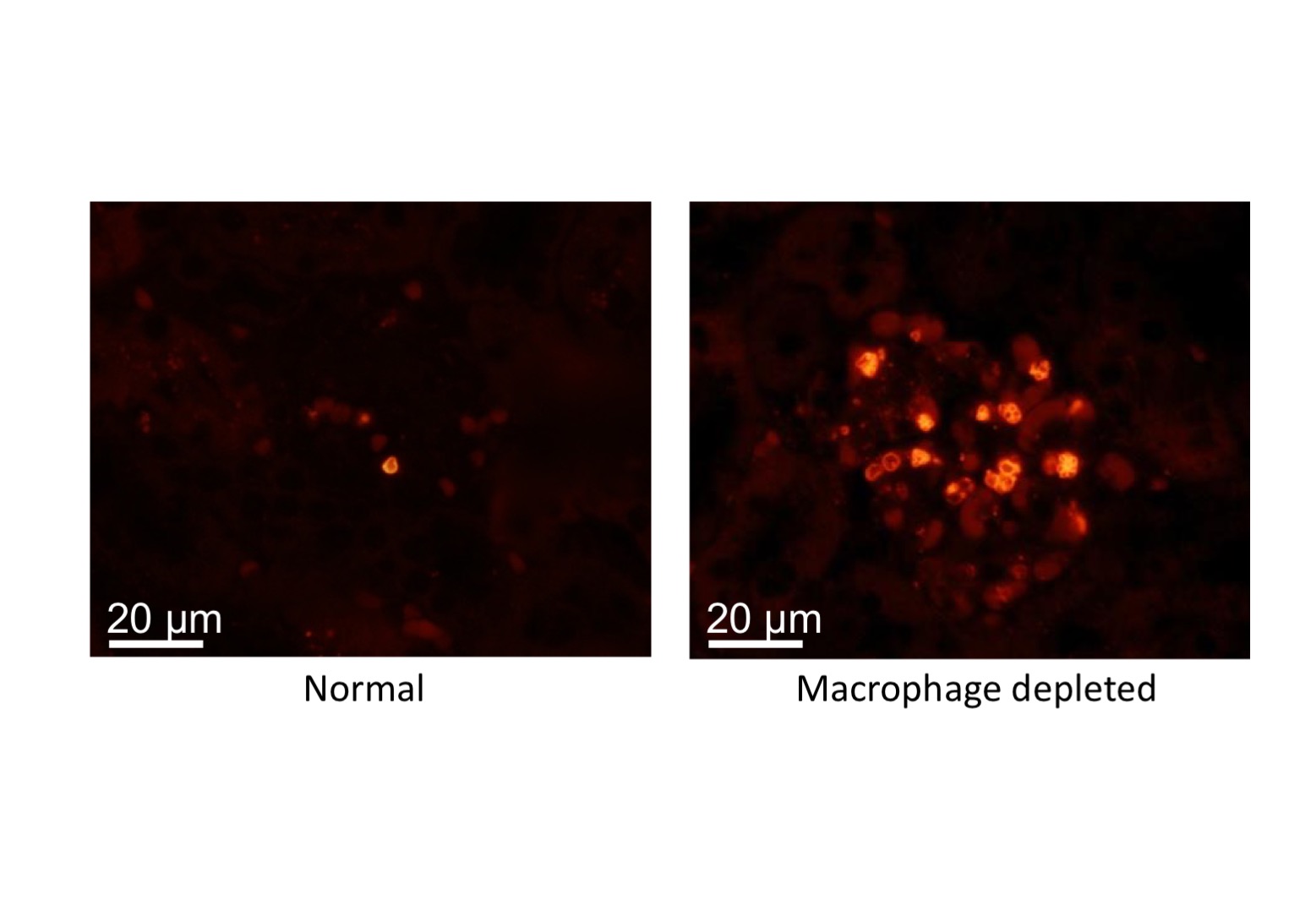
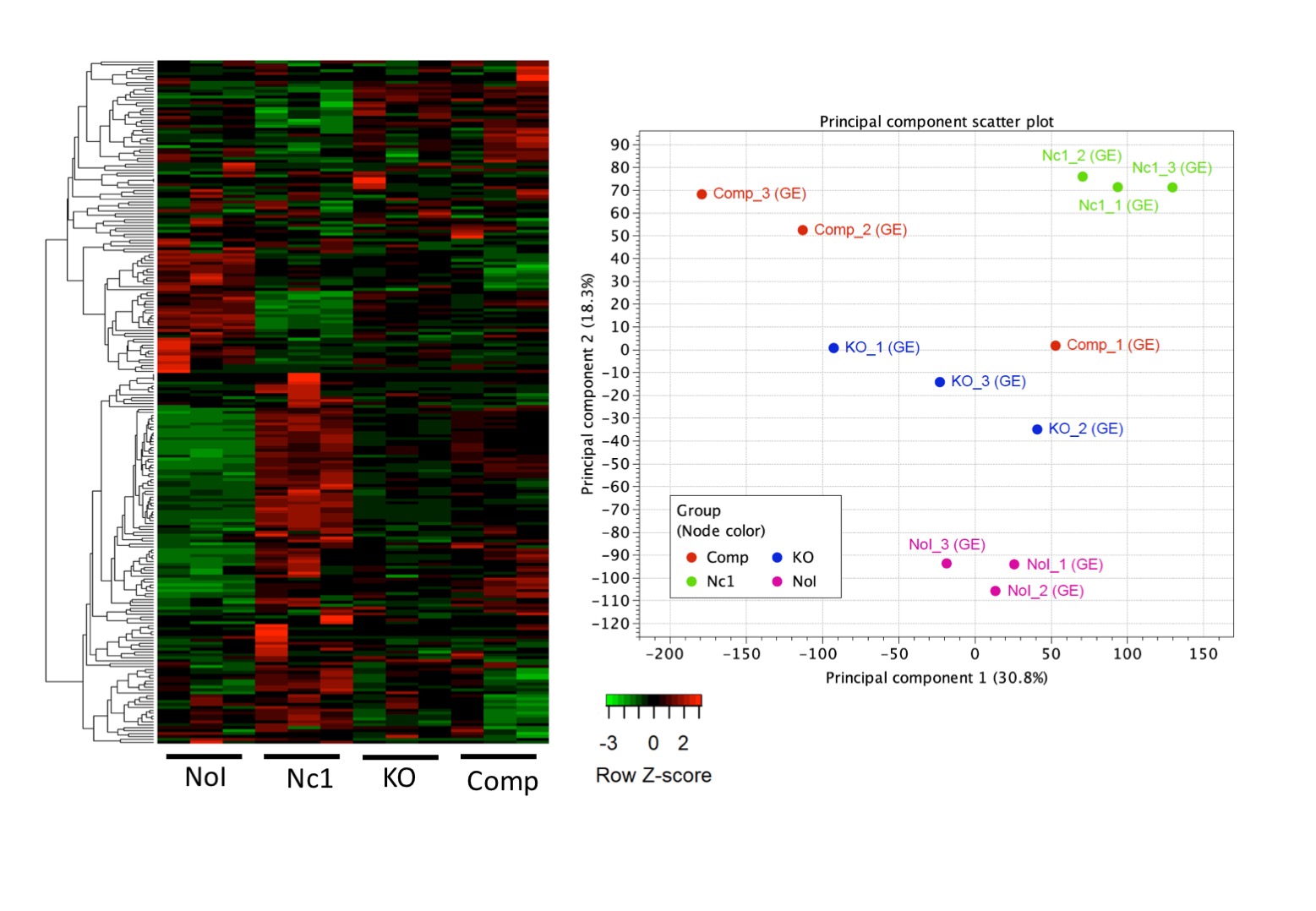
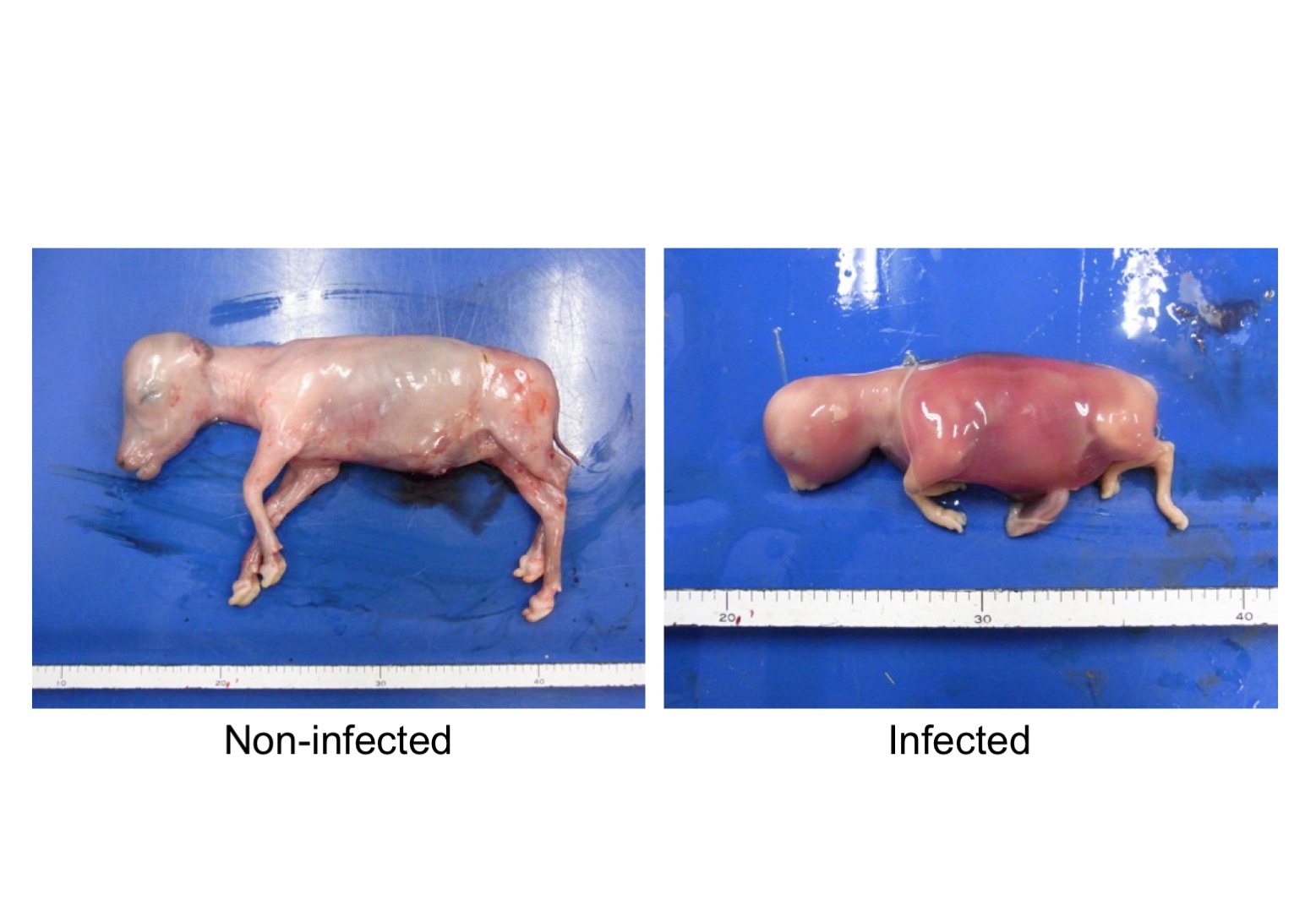
List of current research topics
- Study on onset mechanism of congenital toxoplasmosis for the development of novel therapy
- Study of memory-manipulate mechanism by infection with brain parasite, Toxoplasma gondii
- Study on brain manipulator of Toxoplasma gondii which can control central nervous system
- Study on host- hijacking mechanism of Toxoplasma infection
- Discovery of virulence factor of Neospora caninum and its application for vaccine development
- Study of abortion mechanism by infection with pathogenic protozoan oparasite in livestock, Neospora caninum
- Development of practical diagnostic method for Neospora caninum infection
- Study on control of cryptosporidiosis by metagenomics of bovine intestinal flora
- Development of serodiagnosis system for protozoan parasite infection in food animals and its seroepidemiological study
- Study on comprehensive control strategy against zoonotic protozoan diseases in Southeast Asia
| Academic background | 2001. Department of Animal Resource Sciences, The University of Tokyo Awarded the degree of Ph. D. in parasitology for a thesis 1999-2001. Research Fellow of the Japan Society for the Promotion of Science in The University of Tokyo 2001-2001. Research Fellow of the Japan Society for the Promotion of Science in National Research Center for Protozoan Diseases, Obihiro University of Agriculture and Veterinary Medicine 2001-2003. Research Fellow of the Japan Society for the Promotion of Science in Yale University School of Medicine 2003-2005. Senior Research Biochemist in Toray Industries, Inc., New Frontiers Research Laboratories. 2005-2018. Associate Professor in National Research Center for Protozoan Diseases,Obihiro University of Agriculture and Veterinary Medicine 2018-present. Professor in National Research Center for Protozoan Disease,Obihiro University of Agriculture and Veterinary Medicine |





